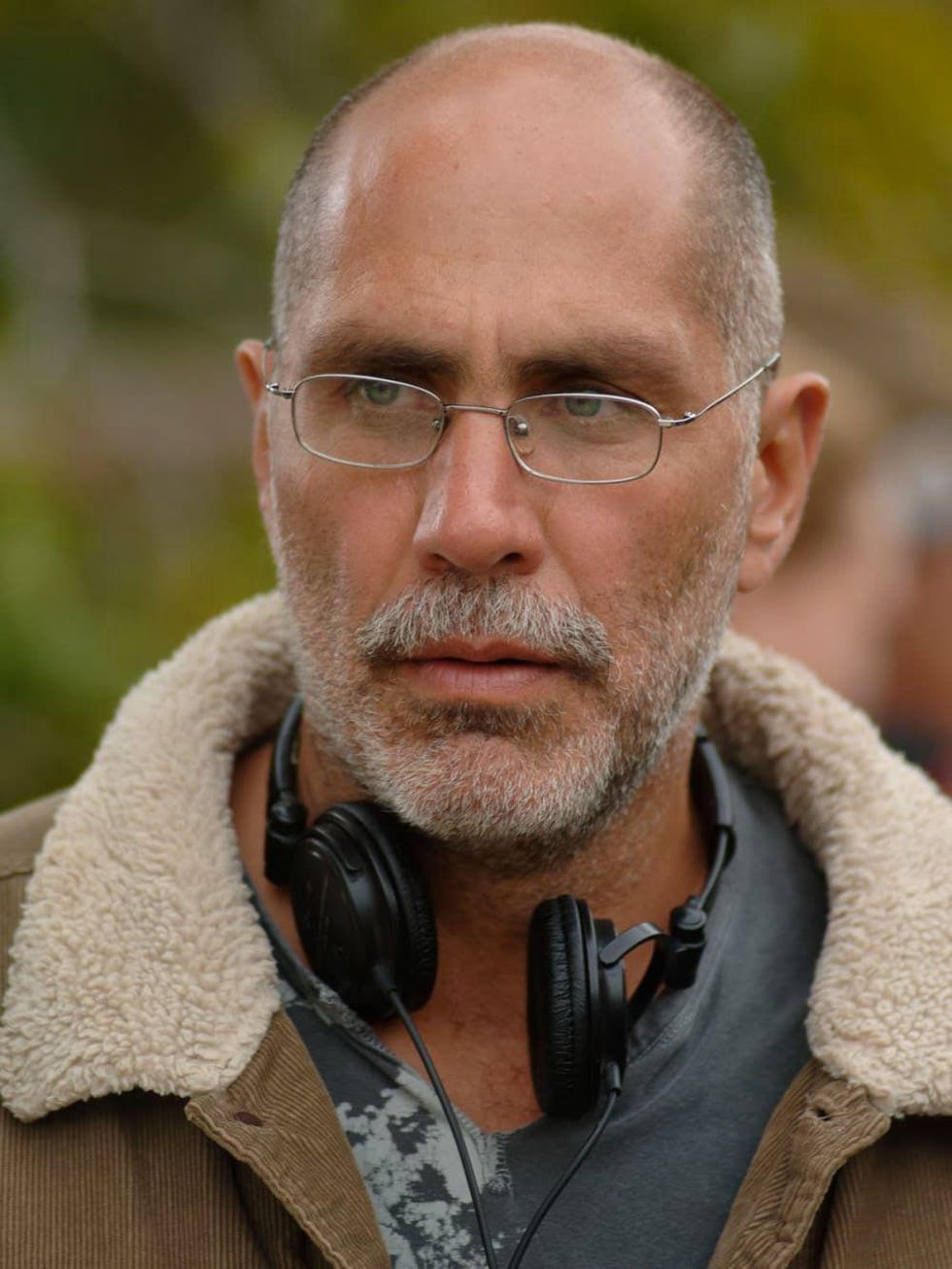That Mexican writer and director Guillermo Arriaga is something of a tough guy shouldn’t come as a surprise. The protagonists in his films and novels (films (as writer) Amores Perros, Babel, 21 Grams, novels The Night Buffalo and The Sweet Smell of Death) are all acutely aware that one day they’re going to die, and they live accordingly.
During a talk at the Alabama Theater Friday, Arriaga, who is also charming and funny, gave some insight into what drives him.
In his late 20s, when he was already head of the communications department at a prestigious Mexico City private university, he decided to try out for the Olympics as a boxer. A friend of his was going as a rower, and he was jealous.
He’s 6’2” and well built, and there aren’t that many Mexican heavyweights, so he thought he had a chance. He was training intensely, and ignoring warning signs that he was overdoing it, when he woke up one night feeling like “there was a cat inside my arm, biting me.”
A doctor told him he had a heart infection, and that “I might not survive the night.” There was nothing the doctor could do.
When Arriaga woke up the next day and found that he was still alive, he immediately went to work on the literary career that he had been putting off.
He worked every day for five years, “including Sundays and Christmas” until he finished his first novel. He continued writing intensely until he developed carpal tunnel syndrome.
Forced to not write for a year, Arriaga said, “I guess I should direct a film.”
He’s been at it ever since, taking full advantage of the reprieve fate gave him all those years ago.

